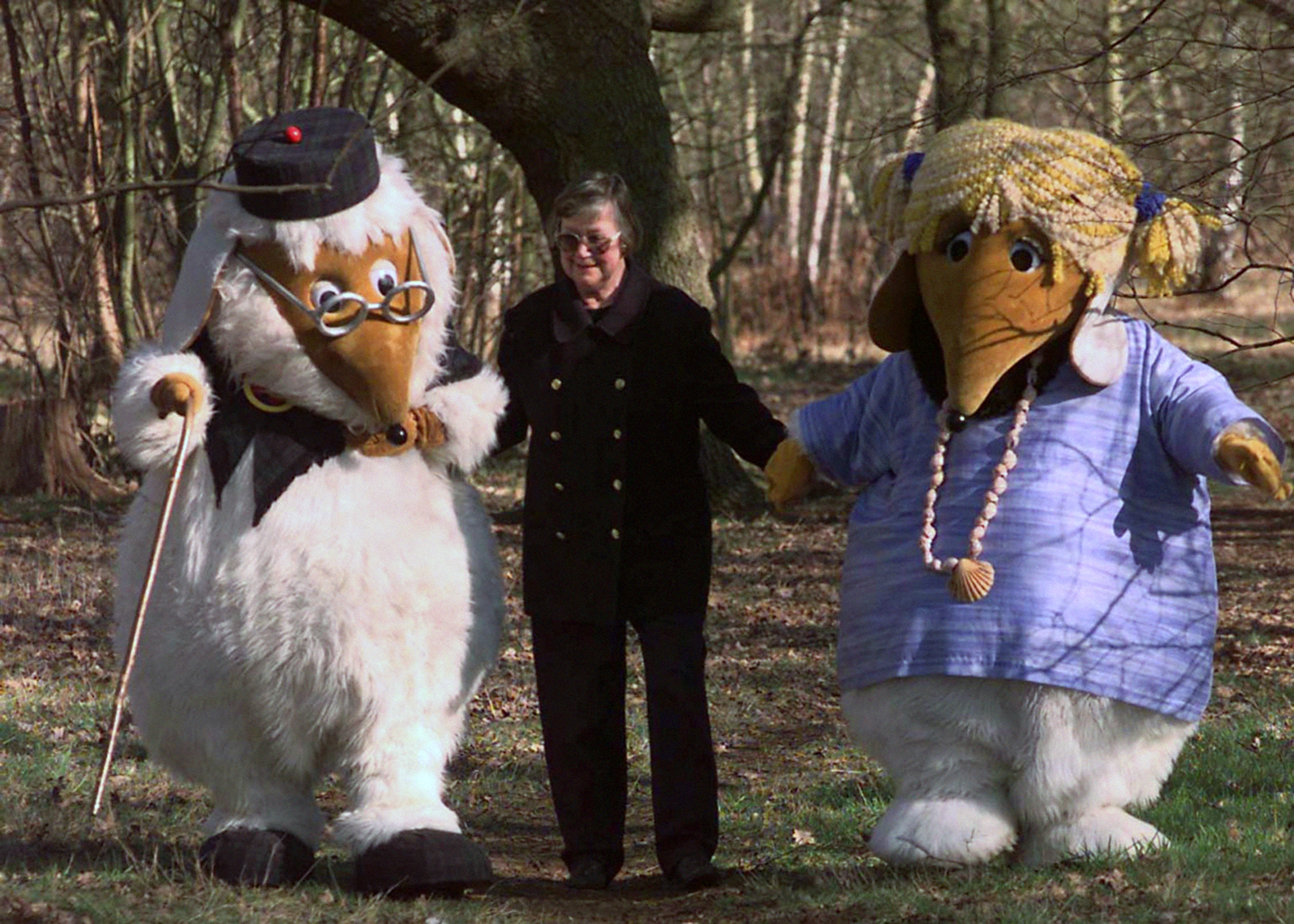If we had listened to the Wombles in the 1970s, we’d be much better off now
We didn’t listen to the Wombles earlier, and we are not heeding their message now either


There are many similarities between the 1970s and now, not just with rising prices of food and fuel. 1973 also saw The Wombles come to our screens with a five-minute slot just before BBC news. They immediately captured the imagination of not just children but adults too.
The mission of these furry-looking characters – which included Great Uncle Bulgaria, Orinoco and Madame Cholet – was to “make good use of bad rubbish”, collecting and recycling rubbish in creative ways. They were the original environmental campaigners, spreading the message to young children and any adults watching. They were way ahead of their time too, as most of the attention given to the environment in the 1970s was about keeping our streets clean and tidy, not the impact rubbish and waste had on the environment.
Unlike today, back in the 1970s there weren’t green and brown bins or glass, cardboard and tin waste recycling facilities. So, to many viewers even if they got the Womble message, they were limited in how environmentally friendly they could be.
As with so many iconic inventions, the name and concept for The Wombles was born out of an accident rather than design. The creator, Elisabeth Beresford, took her daughter, Kate, for a walk on Wimbledon Common, which she couldn’t pronounce, calling it “wombledon” instead. This mispronunciation sparked the idea of The Wombles and their characters, most of which are believed to be based on Elisabeth’s family members.
Part of the success of The Wombles TV animation was the voices created for each character by Bernard Cribbins. The voices were a perfect match and brought each of the seven Wombles to life. Even the theme music was a hit: “The Wombling Song”, as were seven other singles released from the series. They were even awarded the top singles band in 1974 by Music Week.
We can only imagine the impact of their message if social media had been around, although they do now have their own Twitter account with over 40,000 followers. We recognise that we have all been too slow in not only accepting global warming but taking active steps in doing our bit to slow the heating of the planet.
To keep up to speed with all the latest opinions and comment, sign up to our free weekly Voices Dispatches newsletter by clicking here
If the infrastructure had been in place to help people recycle 50 years ago in the 1970s, we could have accelerated efforts to reduce waste and, critically, establish habits that would contribute to halting the environmental catastrophe we now face.
Just like Prince Charles’s, the Wombles’ message on the environment in the seventies wasn’t heeded or acted on. It would take decades before any meaningful action would be taken collectively and individually on the environment – even now it’s not clear that we have done enough to head off the fast-paced warming of our planet.
If only we had listened to seven fluffy but bold pioneers with their simple message and all become Wombles, we’d be Wombling much more freely now.
Join our commenting forum
Join thought-provoking conversations, follow other Independent readers and see their replies
Comments